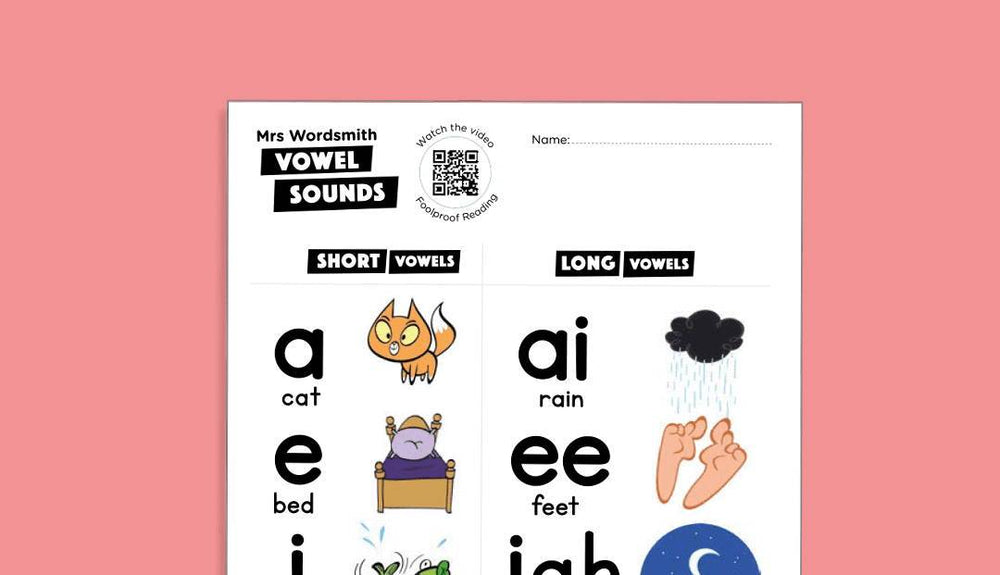Overview
When you read a story, pay attention to the order of events. What happened first? What happened next? If you understand the sequence of events, you will be able to understand the story better.
Download our Sequencing activity below.
Look at the three images. What order do they go in? Write 1 next to the image that happened first. Write 2 next to the image that happened next. Write 3 next to the image that happened last. Write a sentence below each image to explain what's happening.
Common Core Alignment:
CCSS.ELA-LITERACY.RL.1.2 Retell stories, including key details, and demonstrate understanding of their central message or lesson.
CCSS.ELA-LITERACY.RL.1.3 Describe characters, settings, and major events in a story, using key details.
CCSS.ELA-LITERACY.W.1.3 Write narratives in which they recount two or more appropriately sequenced events, include some details regarding what happened, use temporal words to signal event order, and provide some sense of closure.



























 https://mrswordsmith.com
https://mrswordsmith.com
Comment
Leave a comment